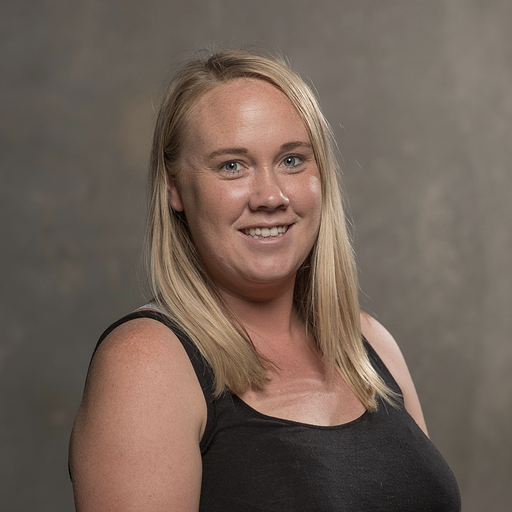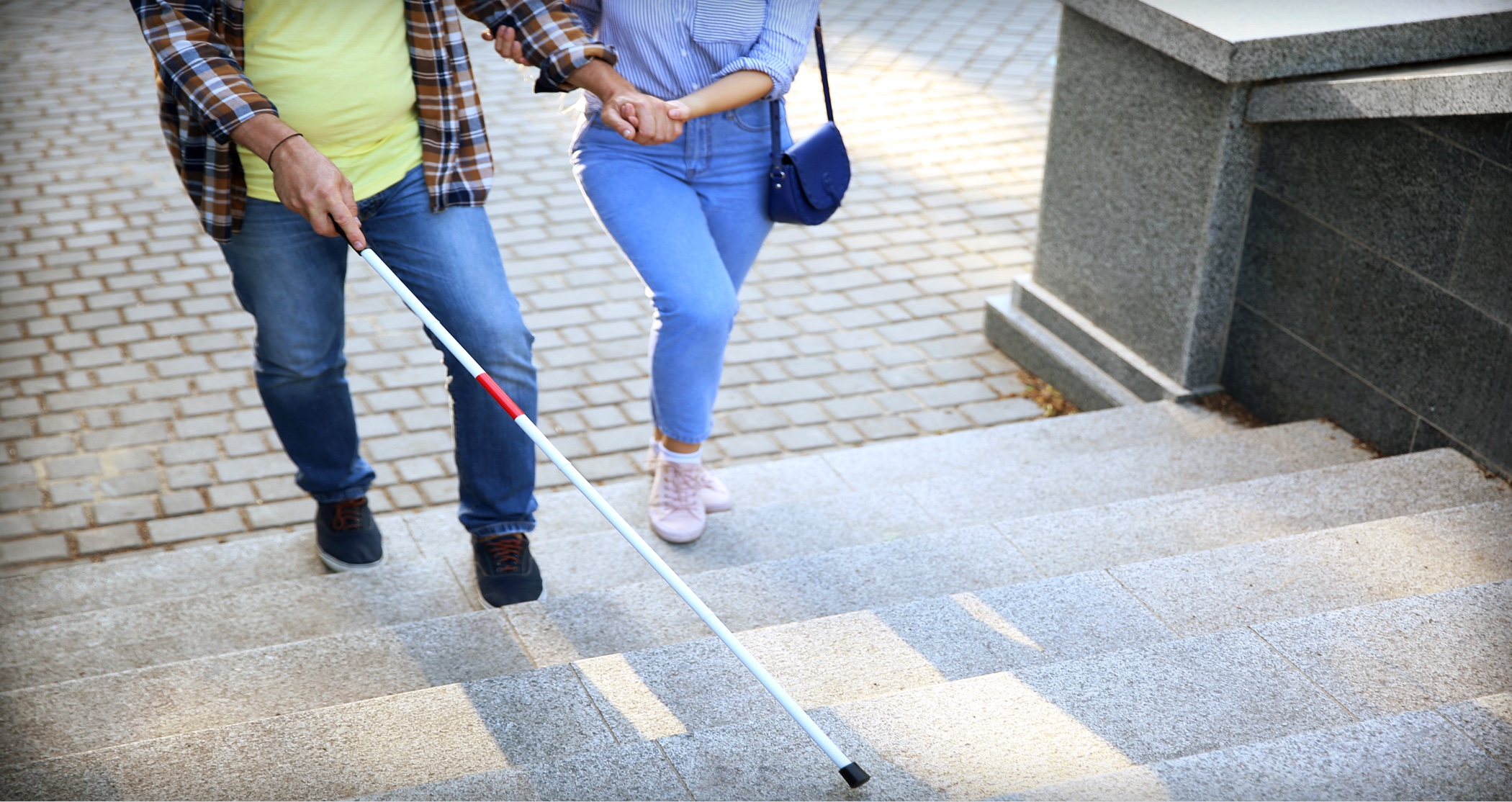What we say matters
As a qualified Occupational Therapist, I’ve spent my whole life in the healthcare sector. During high school I worked in aged care which made me want to qualify as an OT, and when I finished school I moved from my hometown in Christchurch, New Zealand to the United States where I worked with children and adults with a disability.
After this I moved to Australia to work in the private rehabilitation sector, which was a completely different experience—both in how Australians relate to people with a disability, and in the nature of the work. Rehabilitation is highly client services based, where the provider and their client work closely together to facilitate recovery.
This transition opened my eyes to the differences between cultures, and the distinctions between how some people are categorised simply based on the type of services they use.
However, it wasn’t until I accepted a role with the Royal Society for the Blind that my perception really changed. Here I learned more about the power of stereotyping, language, and empowerment than I ever thought possible. And it was this role that subsequently led to my position at Skedulo.
Thinking before we speak
On my first day with the Royal Society for the Blind, I used the term “visually impaired”. I quickly found that this is taken to mean unattractive, and the correct term is “vision impaired”. It was my first encounter on the power of language, and it affected me deeply because I definitely didn’t want anyone thinking I was calling them unattractive!
As my time with the not-for-profit progressed, I found myself surrounded by amazing advocates for the National Disability Insurance Scheme (NDIS).
People outside the industry may not realise how much the introduction of the NDIS meant to healthcare customers and clients, but it was an incredibly empowering change that finally gave people the choice they deserved.
This validation of the right to choose also ties back to the language we should be using to describe people who use healthcare services.
As an example, there is a tendency to categorise all receivers of care as “patients”. However, the NDIS shows people seeking support choose a service just as any other human would choose a service they need—such as a mechanic, accountant, lawyer, and so on.
Using the term “patient” also implies that the person is ill or unwell. Unless we are talking specifically about a medical doctor and patient relationship, the term to describe people who use support services should generally be “client” or “customer”.
Another important distinction is not to place a condition before a person when referring to them. For example, people are not “disabled people” or “a down syndrome person”. They are “people with a disability” or “a person with down syndrome”.
Working with and supporting people with a disability has changed my life, and all my experiences within the sector prove how capable and inspiring they are—and I feel language should never undermine this fact.
How I found my way to Skedulo
In 2017, I was introduced to the team at Skedulo who was helping the Royal Society for the Blind implement Skedulo to digitise their scheduling and improve productivity.
I remember being immediately drawn to Skedulo’s values such as Caring First and Customer Driven. I also knew they were working with healthcare providers across the world, and I was excited by the opportunity to gain exposure to the challenges that organisations were facing and the opportunities new technology could provide.
Since starting with Skedulo back in my hometown of New Zealand, I have had the privilege of working with many healthcare providers to understand how the platform can help them work more efficiently and improve customer care.
One of the things that has been very heart warming for me is the honest desire for continual improvement. People at Skedulo often ask for my insights on how to use language correctly when talking to or about people with a disability.
I enjoy having that conversation, and drawing on my experience across different areas within healthcare to drive awareness. Education is a constant journey, and we can all work together to be more mindful and ensure we honour everyone with the respect they deserve.
Ultimately, I feel that the best measure of correct terminology is whether words are used to empower or disempower. If we all remain open to thinking before we speak, learning from our mistakes, and empowering everyone as human beings first and foremost, that’s a true sign of humanity.



